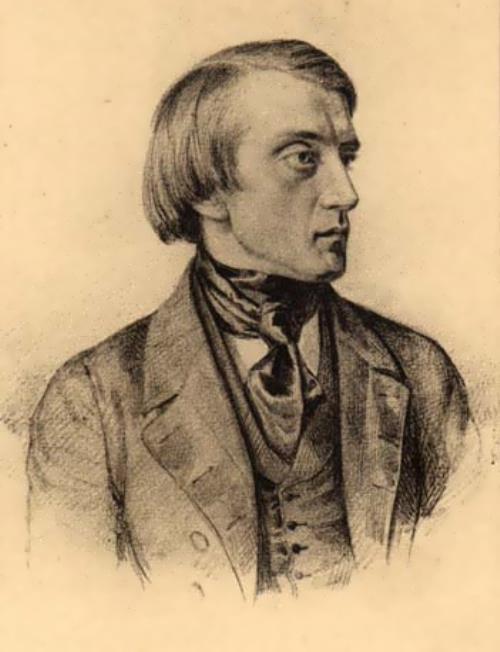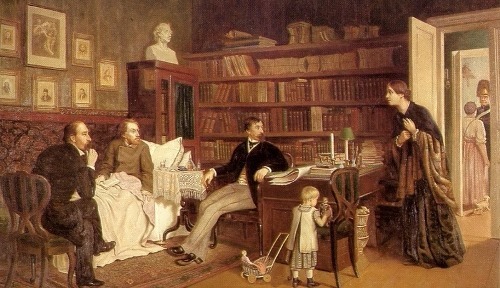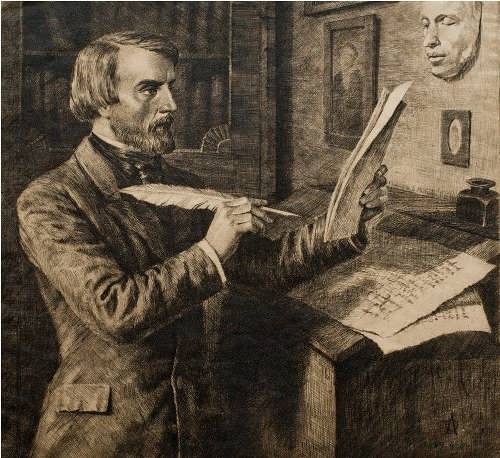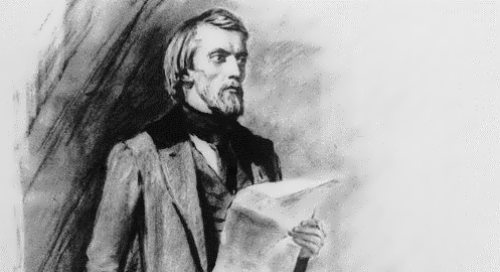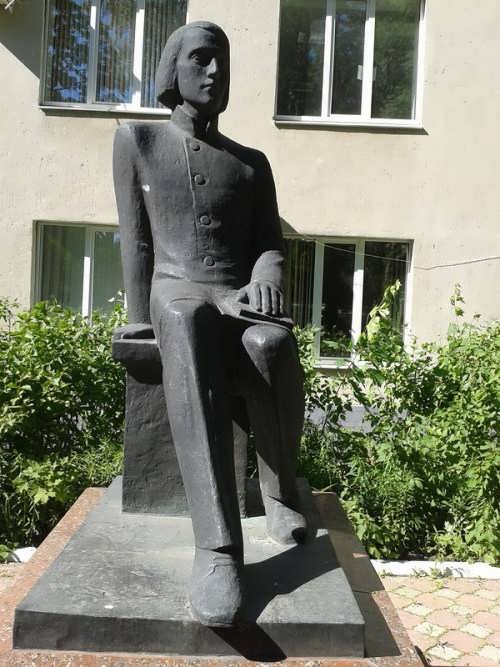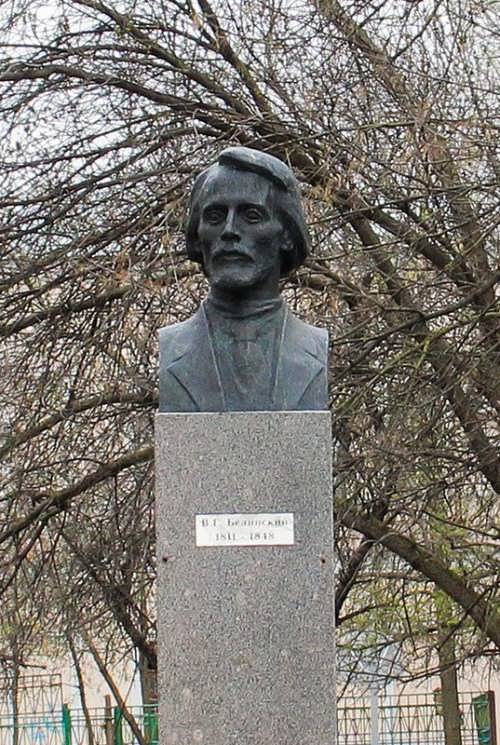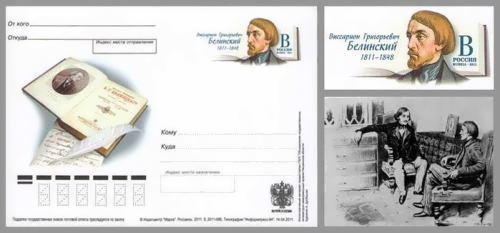Vissarion Belinsky – literary critic
The nineteenth century is called the Golden Age for Russian literature and the period of the formation of art criticism, the founder and most vivid representative of which is Vissarion Belinsky. The world significance of this person is measured by the quality of his ideas. According to contemporaries, Belinsky, a critic and a Western philosopher, has outgrown the level of bourgeois thought of the time. He established a symbiotic relationship between the writer and the critic whose creative interaction he considered a tool of societal self-exploration.
The influence of this publicist and writer on Russian literature is felt until now. Vissarion first established the correct concepts of prose and poetry in general. It was he who pointed out the direction in which literature was to go to become a social force and a teacher for the younger generation.
Theoretical positions that he developed, have become common property. New literary generations are still based on his relentless search for truth, as well as on the views on the importance of literature in life.
Grandson of the priest and the son of a doctor, future critic and publicist was born in the Penza province on May 30 (June 11), 1811. Vissarion studied at the local grammar school and the Penza Gymnasium. From 1829 to 1832 he studied at the literary department of the Philosophy Faculty of Moscow State University.
In the student years (1829-1832) Belinsky joined Eleventh Number club. Many problems of philosophy were constantly discussed there. At one of the meetings, Belinsky read the first drama he wrote Dmitri Kalinin, based on the author’s living impressions of serfdom. The future great critic and publicist in his work heatedly attacked the “fatal law” of the landowner class to dispose of the destinies of the peasants. Censorship of the Moscow University banned drama as immoral. As a result, Belinsky was expelled from the university.
He began giving lessons and making translations. At that time, he was closely acquainted with Professor Nadezhdin. In 1831, professor founded a new journal The Telescope and invited Belinsky to translate small articles for his publication. And in September 1834 Vissarion Grigorievich published a series of critical articles Literary Reveries.
In 1835 he began to work as secretary of the famous writer A. Poltoratsky. The journal Telescope, where Vissarion directed the department of criticism, was closed. According to contemporaries, until the beginning of 1838, a well-known publicist and writer survived only thanks to the help of friends.
From March to October 1838, at the invitation of Aksakov Belinsky taught at the Constantinovsky institute, after which he became an unofficial editor in the journal The Moscow Observer. At that time, he often visited the family of M. Shchepkin. In October 1839, Vissarion moved to Petersburg.
In 1843 Belinsky married his childhood friend M. V. Orlova. On June 13, 1845 their daughter Olga was born. The younger two children died in infancy.
Belinsky met all leading Russian authors of his day, from Alexander Sergeyevich Pushkin and Mikhail Yurievich Lermontov to Ivan Andreyevich Krylov and Ivan Sergeyevich Turgenev, befriending and deeply influencing many of them.
In his youth, Belinsky, whose philosophy had always been a hobby, began to study the aesthetics of Romanticism, deepened into the ideas of Schelling, Hegel and Fichte. Already in the early 1840s, he sharply criticized the rationalistic determinism of the concept of progress, concluded that “the fate of the individual is more important than all the destinies of the world.” Evolution of Belinsky’s views was accompanied by an intensification of criticism of philosophical idealism. In his letter to Gogol, Vissarion criticized the church.
Well-known critic and publicist died on May 26, 1848 in Saint-Petersburg. Being married, he left behind a three-year-old daughter and a huge literary heritage.
In addition to Annual Review of current literature, articles about the theater and political and bibliographical notes, in Notes of the Fatherland (1840-1846) Belinsky placed article about Derzhavin, Lermontov, Maikov, Polezhaev, Marlinsky, about Russian folk poetry and a number of great articles, that present the history of Russian literature from Lomonosov to Pushkin’s death.
In 1985, a crater on Mercury was named in honor of Belinsky.
On September 25, 1988, an asteroid discovered on November 5, 1975 by L.I. Chernykh, was named 3747 Belinskij.
